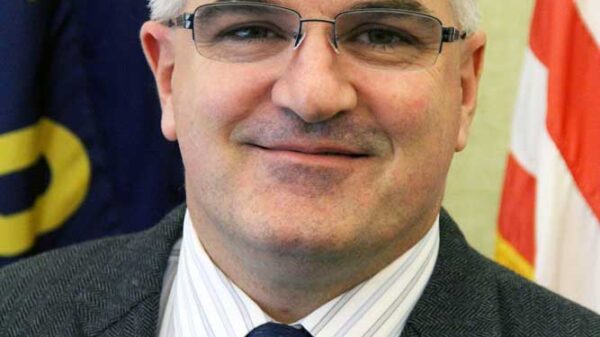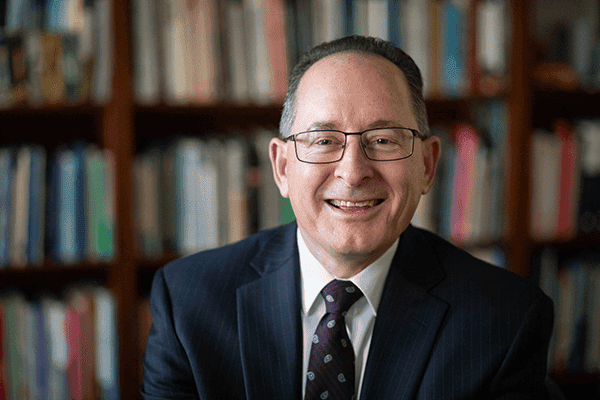Michael Rice, the outgoing state education chief of Michigan, is set to retire in October 2023 after leading the Michigan Department of Education since 2019. His tenure, marked by significant challenges including a global pandemic and rising concerns over student mental health, has prompted a critical evaluation of the state’s educational progress. Rice will be succeeded by Glenn Maleyko, who currently serves as the superintendent of Dearborn Public Schools.
During his time in office, Rice has witnessed transformative events in education, including a nationwide movement to improve literacy rates and the impact of two tragic school shootings: the Oxford High School incident in November 2021 and the shooting at Michigan State University in February 2023. Despite these challenges, he believes that meaningful strides have been made in various areas of education.
In a recent interview with the Detroit Free Press, Rice expressed his views on the successes and ongoing challenges facing Michigan’s public schools. He outlined a strategic plan consisting of ten ambitious goals aimed at enhancing student learning outcomes. “We’ve made progress on all goals,” he stated, “but we have not arrived at any. They’re big, hairy, audacious goals.”
One area of concern is third grade reading proficiency, often seen as a critical indicator of future academic success. According to recent data, the percentage of Michigan third graders scoring at or above proficiency has dropped from 46% in 2016 to 39% in the latest assessments. Rice acknowledged that while this decline is troubling, it is essential to view educational metrics holistically. He noted that students showed improvement in 14 out of 20 state tests taken this spring, indicating progress in other areas.
The pandemic has significantly affected younger students, particularly those who were approaching kindergarten age when schools transitioned to remote learning. “Even if your district was remote for six or seven months, that’s a profound amount of time for a 6- or 7-year-old,” Rice remarked. He emphasized the long-term impacts of these disruptions on early learning.
In response to the literacy crisis, Rice played a pivotal role in advocating for a series of literacy bills that were signed into law in 2024. These laws prioritize evidence-based strategies for teaching reading, similar to successful reforms implemented in states like Mississippi. He believes these measures could foster early literacy improvements across the state.
Mental health has also been a focal point during Rice’s tenure. He highlighted the need for adequate support systems within schools, particularly following the emotional toll of school shootings. As a result, Michigan has added 1,700 school social workers, guidance counselors, nurses, and psychologists to its public schools in recent years. “Oxford was a tragedy,” he stated, underscoring the need for a renewed focus on students’ mental well-being.
Rice also criticized recent legislative changes that allow for reduced school days. While state law mandates 180 days of schooling, students may now attend as few as 149 days. “The Legislature has permitted our children to be in school fewer days than pre-pandemic,” he said. “It’s an outrage. Why would you do that coming out of a pandemic?”
As he prepares to step down, Rice is advocating for mandatory teacher training focused on the science of reading. He believes that while local control is vital in many areas, a unified approach to literacy education is essential for improving outcomes.
Reflecting on his extensive career in education, Rice, who began as a high school French teacher in Washington, D.C., emphasized the importance of connecting with students. His approach to communication, characterized by a meticulous attention to detail and personal engagement, reflects his commitment to education and student success.
As Rice looks forward to spending more time with his family, including his two daughters, he leaves behind a complex legacy filled with both achievements and challenges. His tenure serves as a reminder of the ongoing work required to enhance the educational landscape for Michigan’s 1.4 million students.
The conversation about the future of Michigan’s education system will undoubtedly continue, with Rice’s insights shaping the path ahead.



































































